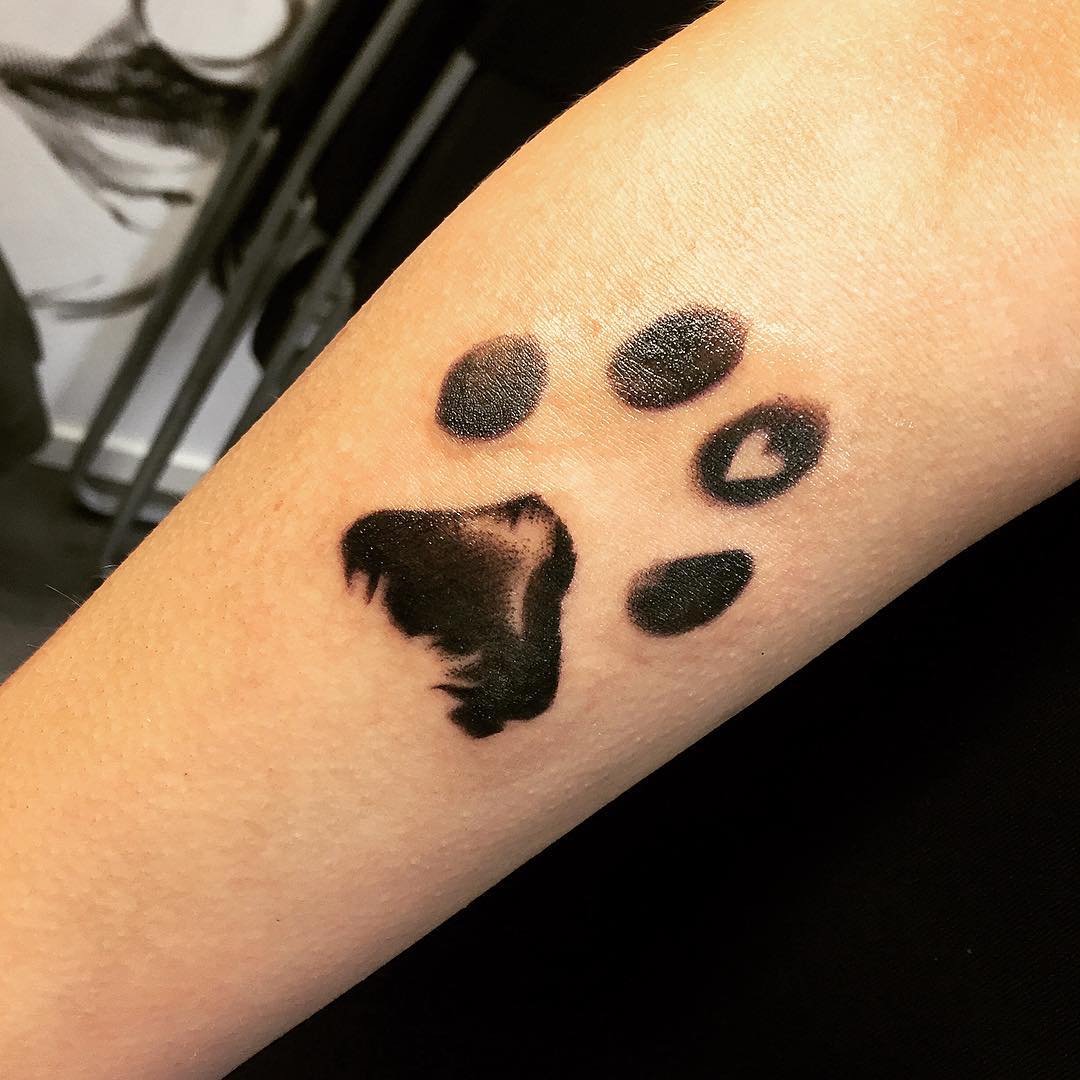Intelligence Officer Job Role

Introduction to Intelligence Officer Job Role

An Intelligence Officer plays a crucial role in the national security and defense of a country. They are responsible for collecting, analyzing, and disseminating critical information to support decision-making at various levels of government and military command. The primary goal of an Intelligence Officer is to provide strategic intelligence to help prevent and respond to security threats. In this blog post, we will delve into the details of the Intelligence Officer job role, including their responsibilities, skills, and qualifications.
Responsibilities of an Intelligence Officer

The responsibilities of an Intelligence Officer can vary depending on the organization and the specific role. However, some common responsibilities include:
- Collecting and analyzing intelligence data from various sources, including human sources, satellite imagery, and signals intelligence
- Conducting threat assessments to identify potential security risks and vulnerabilities
- Developing and maintaining intelligence reports and briefings to support decision-making
- Collaborating with other intelligence agencies and organizations to share information and coordinate efforts
- Providing strategic advice to senior leaders and policymakers on national security and defense issues
Skills and Qualifications

To be a successful Intelligence Officer, one needs to possess a combination of skills and qualifications, including:
- Strong analytical skills to analyze complex data and identify patterns and trends
- Excellent communication skills to effectively communicate intelligence findings and recommendations
- Knowledge of foreign languages, particularly languages spoken in regions of interest
- Experience with intelligence analysis software and tools, such as geographic information systems (GIS) and data mining software
- Ability to work in a fast-paced environment with deadlines and multiple priorities
Types of Intelligence Officers

There are several types of Intelligence Officers, each with their own area of specialization. These include:
- Human Intelligence (HUMINT) Officers, who collect and analyze information from human sources, such as interviews and interrogations
- Signals Intelligence (SIGINT) Officers, who collect and analyze electronic communications, such as phone calls and emails
- Geospatial Intelligence (GEOINT) Officers, who analyze satellite imagery and other geospatial data to identify patterns and trends
- Open-Source Intelligence (OSINT) Officers, who collect and analyze publicly available information, such as social media and news articles
Work Environment

Intelligence Officers typically work in an office environment, but may also be required to work in field environments, such as military bases or embassies. They may also be required to travel to different locations, both domestically and internationally, to collect and analyze intelligence data. The work environment can be fast-paced and stressful, with deadlines and multiple priorities.
| Location | Job Title | Salary Range |
|---|---|---|
| Washington D.C. | Intelligence Officer | $80,000 - $120,000 |
| New York City | Senior Intelligence Officer | $100,000 - $150,000 |
| Los Angeles | Intelligence Analyst | $60,000 - $100,000 |

📝 Note: The salary ranges listed in the table are approximate and may vary depending on the organization, location, and level of experience.
Education and Training

To become an Intelligence Officer, one typically needs to have a bachelor’s degree in a field such as international relations, political science, or a foreign language. Many Intelligence Officers also have advanced degrees, such as master’s or Ph.D.s, in fields such as intelligence studies or national security. In addition to formal education, Intelligence Officers also receive on-the-job training and professional development to stay up-to-date with the latest intelligence tools and techniques.
In summary, the Intelligence Officer job role is a critical component of national security and defense. Intelligence Officers collect, analyze, and disseminate critical information to support decision-making at various levels of government and military command. To be a successful Intelligence Officer, one needs to possess a combination of skills and qualifications, including strong analytical skills, excellent communication skills, and knowledge of foreign languages. With the right education and training, individuals can pursue a rewarding and challenging career as an Intelligence Officer.
What is the primary goal of an Intelligence Officer?

+
The primary goal of an Intelligence Officer is to provide strategic intelligence to help prevent and respond to security threats.
What skills are required to be a successful Intelligence Officer?

+
To be a successful Intelligence Officer, one needs to possess strong analytical skills, excellent communication skills, knowledge of foreign languages, and experience with intelligence analysis software and tools.
What types of Intelligence Officers are there?

+
There are several types of Intelligence Officers, including Human Intelligence (HUMINT) Officers, Signals Intelligence (SIGINT) Officers, Geospatial Intelligence (GEOINT) Officers, and Open-Source Intelligence (OSINT) Officers.



